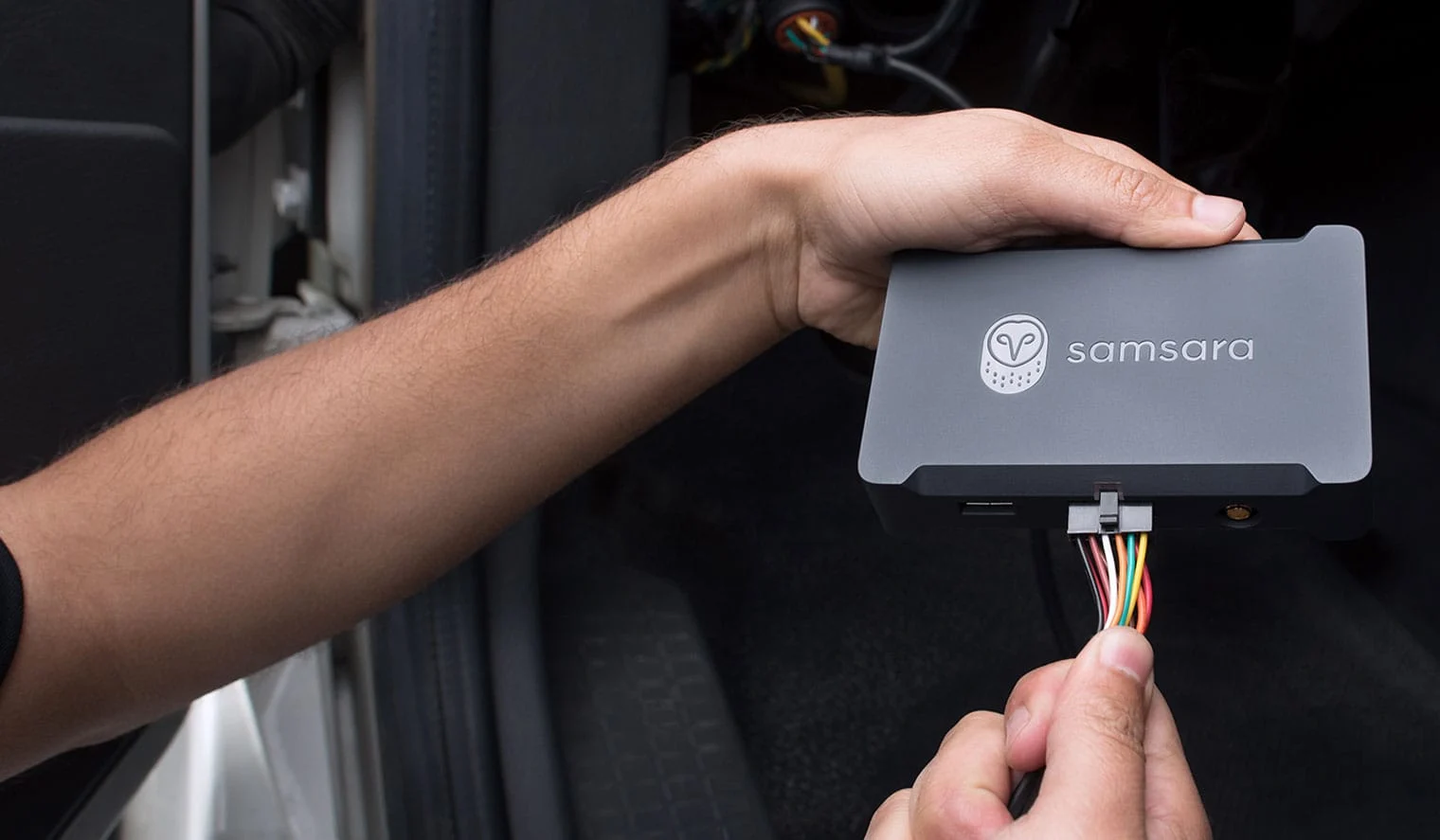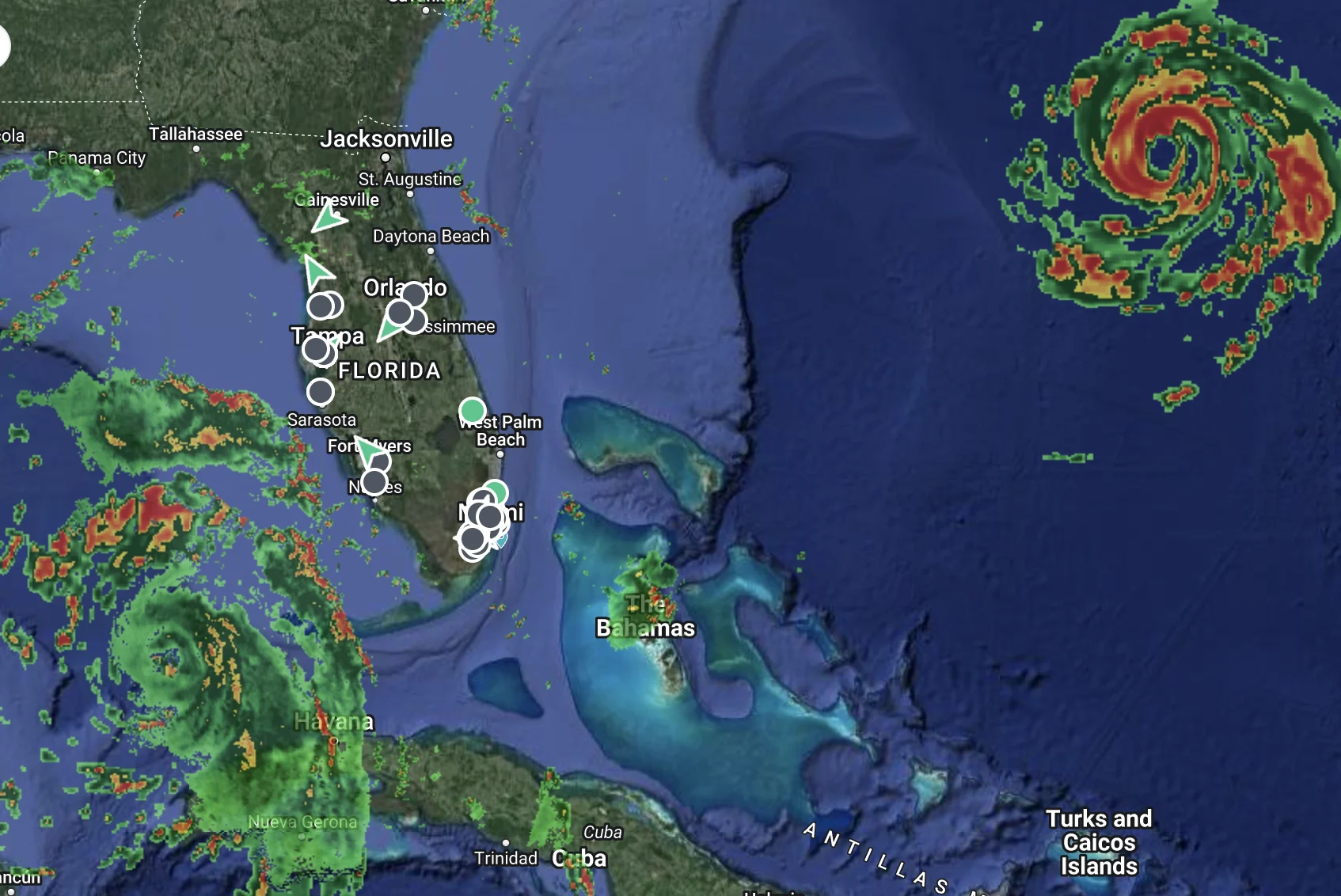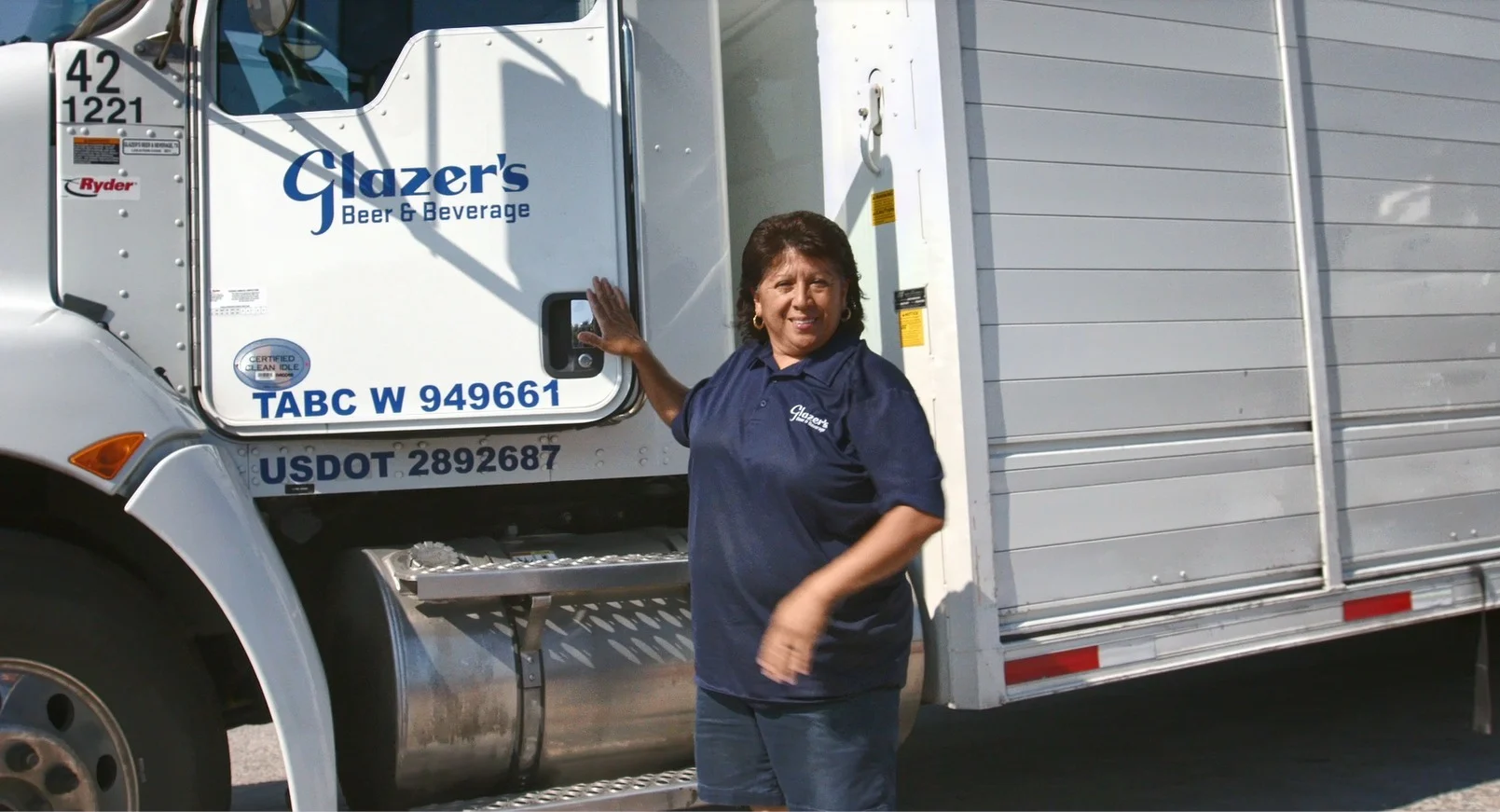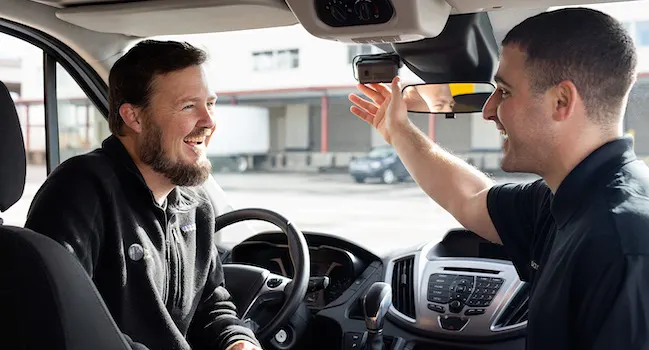Safety
Being Open and Proactive About Privacy and Data Can Improve Road Safety
January 30, 2024

Senior Director, Legal

Samsara customers—those businesses that keep the global economy moving—helped prevent 200,000 crashes in 2023* thanks to our connected technology. For me, this statistic is a standout number that underlines how technology can protect people while they’re simply doing their jobs.
Safety features such as in-vehicle cameras—augmented by artificial intelligence (AI)—turn ordinary dash cams into smart technology to improve driver and road safety, while In-Cab Nudges™ remind drivers to buckle up or alerts to warn of tailgating. These are just two examples of how AI is helping to take driving safety to a whole new level.
But the introduction of AI-based technology, or tech that relies on data gathering, to improve road safety is not a one-way street. While there is no doubt that technology can help improve road safety, it has to be balanced against concerns about data protection and personal privacy.
For instance, while AI-enabled cameras that are able to spot and issue a warning to drivers if they use their mobile phones behind the wheel can help ensure drivers get home safely, drivers may worry about the impact of such cameras on their privacy. This is why any fleet looking to introduce AI-enabled dash cams, much of the success of the project will be down to steering the right course between data protection and safety.
It’s an issue discussed at length in a recent report published by Samsara. The 2023 State of Privacy in Physical Operations report includes insights into issues such as privacy and data protection in the United States, Canada, and Mexico, among others, and how different countries are addressing the issue.
Crucially, it provides guidance for business leaders and fleet managers on how to best implement technology to address data protection and privacy concerns, including very importantly, how to help ensure drivers and those using the technology are comfortable.
Top tips to build a culture of privacy.
Build trust through open communication and frequent updates. Communicating openly about new and ongoing safety initiatives that may impact privacy within your business is critical to creating a foundation of trust. Not only should this involve employees but, where necessary, union representatives as well.
Select vendors that prioritize privacy. One of the stats from the report revealed that 80% of senior executives said it is “very” or “extremely critical” for a new vendor to have a responsible stance on privacy. We couldn’t agree more. At Samsara, for example, we’ve developed a core set of privacy principles that help ensure sensitive customer data is protected.
Create clear policies about technology and privacy. To give the necessary confidence and reassurance that everyone needs, it is essential to have written corporate policies that govern the use of technology. But they must not then be put on a shelf and allowed to gather dust. It’s important to mention and share these policies frequently using appropriate communication channels, such as employment handbooks, workplace posters, email, and company meetings.
Make sure everyone’s up to speed. When drivers understand how technology works—and that it’s there for their benefit—they are more likely to be in favor of adopting it. Our survey found that 98% of executives said that educational content on capturing and uploading data would help ease privacy concerns.
Showcase the benefits of new technology. Following on from that last point, it’s always good to highlight examples where AI-powered technologies and dash cams have helped improve safety and exonerate drivers.
Which is exactly the approach taken by J. Rayl Transport Inc.—a family-owned transportation and logistics company operating in 48 states across the United States. They showed their drivers how cameras could lead to exonerations. “At first, our long-time drivers were a little worried,” says Robert Fields, Safety Administrator at JRayl. “We explained to them the dash cams are there for their safety, the company’s safety, and to protect them. We showed them that video footage can exonerate them if something unexpected happens. Now they trust that the dash cams are working for them.”
You can find out more about Samsara’s commitment to privacy by downloading the 2023 State of Privacy in Physical Operations report today.
*Measured between January - October 2023



















